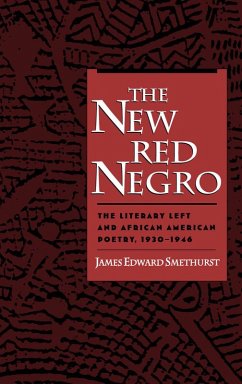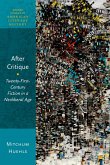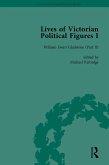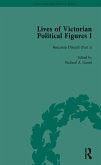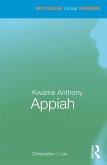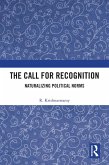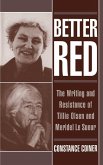The New Red Negro surveys African-American poetry from the onset of the Depression to the early days of the Cold War. It considers the relationship between the thematic and formal choices of African-American poets and organized ideology from the proletarian early 1930s to the neo-modernist late 1940s. This study examines poetry by writers across the spectrum: canonical, less well-known, and virtually unknown. The ideology of the Communist Left as particularly expressed through cultural institutions of the literary Left significantly influenced the shape of African-American poetry in the 1930s and 40s, as well as the content. One result of this engagement of African-American writers with the organized Left was a pronounced tendency to regard the re-created folk or street voice as the authentic voice--and subject--of African-American poetry. Furthermore, a masculinist rhetoric was crucial to the re-creation of this folk voice. This unstable yoking of cultural nationalism, integrationism, and internationalism within a construct of class struggle helped to shape a new relationship of African-American poetry to vernacular African-American culture. This relationship included the representation of African-American working class and rural folk life and its cultural products ostensibly from the mass perspective. It also included the dissemination of urban forms of African-American popular culture, often resulting in mixed media high- low hybrids.
Dieser Download kann aus rechtlichen Gründen nur mit Rechnungsadresse in A, B, BG, CY, CZ, D, DK, EW, E, FIN, F, GR, HR, H, IRL, I, LT, L, LR, M, NL, PL, P, R, S, SLO, SK ausgeliefert werden.

